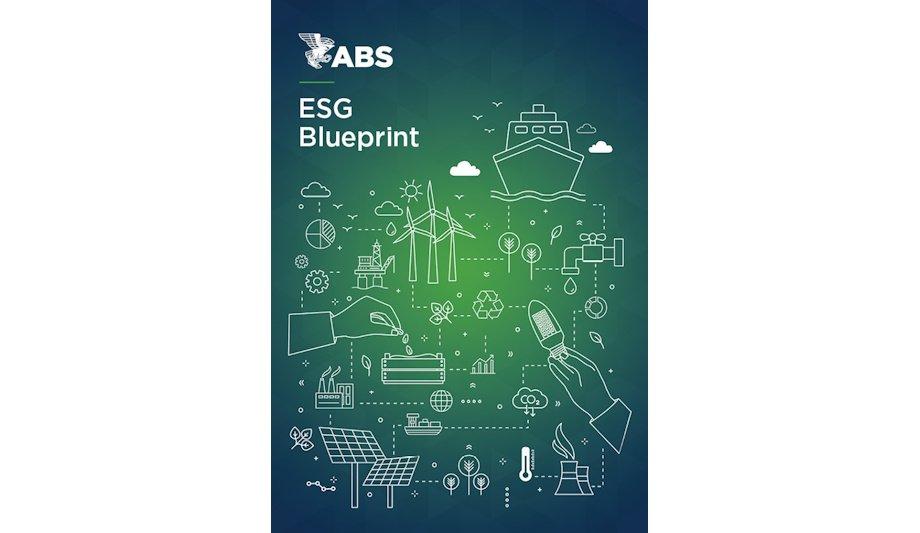With the increasing demand for environmental, social and governance (ESG) reporting in the maritime, offshore and oil and gas industries, many owners and operators are incorporating ESG criteria into their operations.
The ABS ESG Blueprint is a new report that builds upon the work ABS is doing to support clients in their sustainability reporting and assurance journeys.
Important ESG elements
The report investigates the market and institutional ESG drivers, such as greenhouse gas (GHG) emissions and data privacy, while covering best practices in both the marine and offshore sectors.
The important ESG elements of sound corporate stewardship are reflected in our safety-centric culture"
“The important ESG elements of sound corporate stewardship are reflected in our safety-centric culture and our commitment to excellence in all that we do. We continue to pioneer new services and solutions in data, digitalisation, classification and sustainability to support our clients on their ESG journeys, and this new report is another industry-renowned example of this effort,” said Christopher J. Wiernicki, ABS Chairman and CEO.
Incorporate ESG values
“Sustainable business practices are quickly becoming a key component for global success, no matter the industry. Understanding the key factors, drivers and best practices will assist maritime and offshore decision-makers with navigating the complex, dynamic world of ESG reporting,” said Panos Koutsourakis, ABS Vice President, Global Sustainability.
The ABS report maps out a path to achieve ESG excellence and expands on ways to incorporate ESG values into a company's business model.












